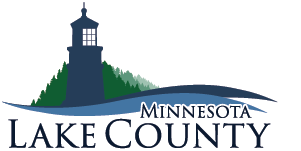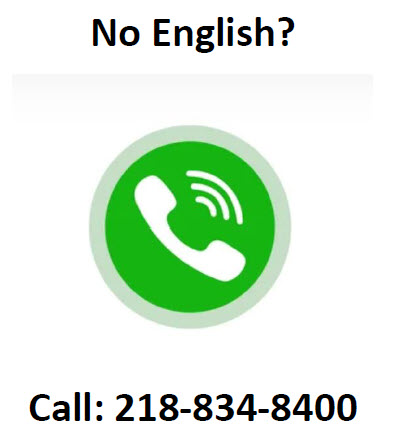Financial Assistance
Financial Assistance is the name given to assistance programs available to people who are income and asset eligible according to state and federal guidelines. These programs include burial assistance, cash assistance, child care assistance, emergency assistance, health care and SNAP (Supplemental Nutrition Assistance Program (food support)).
How can you apply? You may call Lake County Health and Human Services at (218) 834-8400, write us at Lake County Health and Human Services, 616 Third Avenue, Two Harbors, MN 55616 or apply online through MNbenefits and/or MNSure.

Burial Assistance
In accordance with Minnesota Statute § 261.035, Lake County Health and Human Services (LCHHS) will provide for the immediate disposition or direct cremation of a deceased resident of Lake County who is otherwise unable to pay the cost of disposition of their remains.
Application for burial assistance must be made within three business days of the date of death. Application must be made to: Financial Assistance Unit, Lake County Health and Human Services, 616 Third Ave.,Two Harbors, MN 55616; Fax: 218-834-8412; Email: Financial.Assistance@co.lake.mn.us
Cash Assistance
- MFIP (Minnesota Family Investment Program) and DWP (Diversionary Work Program) are federally funded programs known as TANF (Temporary Assistance to Needy Families)
- MSA (Minnesota Supplemental Aid)
- GA (General Assistance)
- GRH (Group Residential Housing)
Child Care Assistance
- Child care assistance may be available to families who are employed, seeking employment or are in school or training.
- Eligibility and fees are based on family size and income.
- List of Child Care Providers
Emergency Assistance
- MFIP Crisis Funds
- EGA (Emergency General Assistance)
Health Care
About 46,000 residents with lower incomes who rely on MinnesotaCare should begin watching their mail for monthly bills from DHS. Thousands of MinnesotaCare enrollees will need to start paying monthly premiums this summer to keep their coverage. Premiums must be paid by the bill’s due date to avoid being disenrolled from MinnesotaCare. The first monthly premiums are due June 13.
Although premiums are returning, nearly 102,000 Minnesotans will continue to pay no premium or reduced premiums for MinnesotaCare through the end of 2025, thanks to the federal Inflation Reduction Act. As part of this law, MinnesotaCare premiums remain at reduced levels, helping workers and families maintain their access to affordable health care.
Enrollees with questions should visit MinnesotaCare premiums webpage or call 800-657-3672.
SNAP – Supplemental Nutrition Assistance Program
The Supplemental Nutrition Assistance Program (SNAP) helps Minnesotans with low incomes get the food they need for sound nutrition and well-balanced meals. Approved participants get a debit card to use to buy food at many stores and farmers markets. In the past, SNAP was known as Food Stamps.
Summer Emergency Benefits Transfer (SEBT):
Effective summer of 2024, Minnesota will join 34 other states in launching the new Summer Electronic Benefit Transfer (SEBT) program. SEBT is a grocery benefit that will provide households with eligible school aged children with funds to spend at grocery stores and other food retailers.
Information on this new program can be found on the DHS website and the SEBT help center at 651-431-4608 can help answer questions.
Who is eligible for SEBT:
- School age children who attend a school that offers the National School Lunch Program and their household income meets the requirements for free or reduced-price school meals.
- School aged children in SNAP, MFIP, Tribal TANF and/or MA programs.
- School aged children who are in foster care.
SEBT benefits are intended to be spent during the summer. The United States Department of Agriculture (USDA) imposed a four-month period, or 122 days for benefits to be used or they will get expunged. Due to this restriction, households should spend SEBT funds first before their regular SNAP benefits to avoid losing any benefits.

